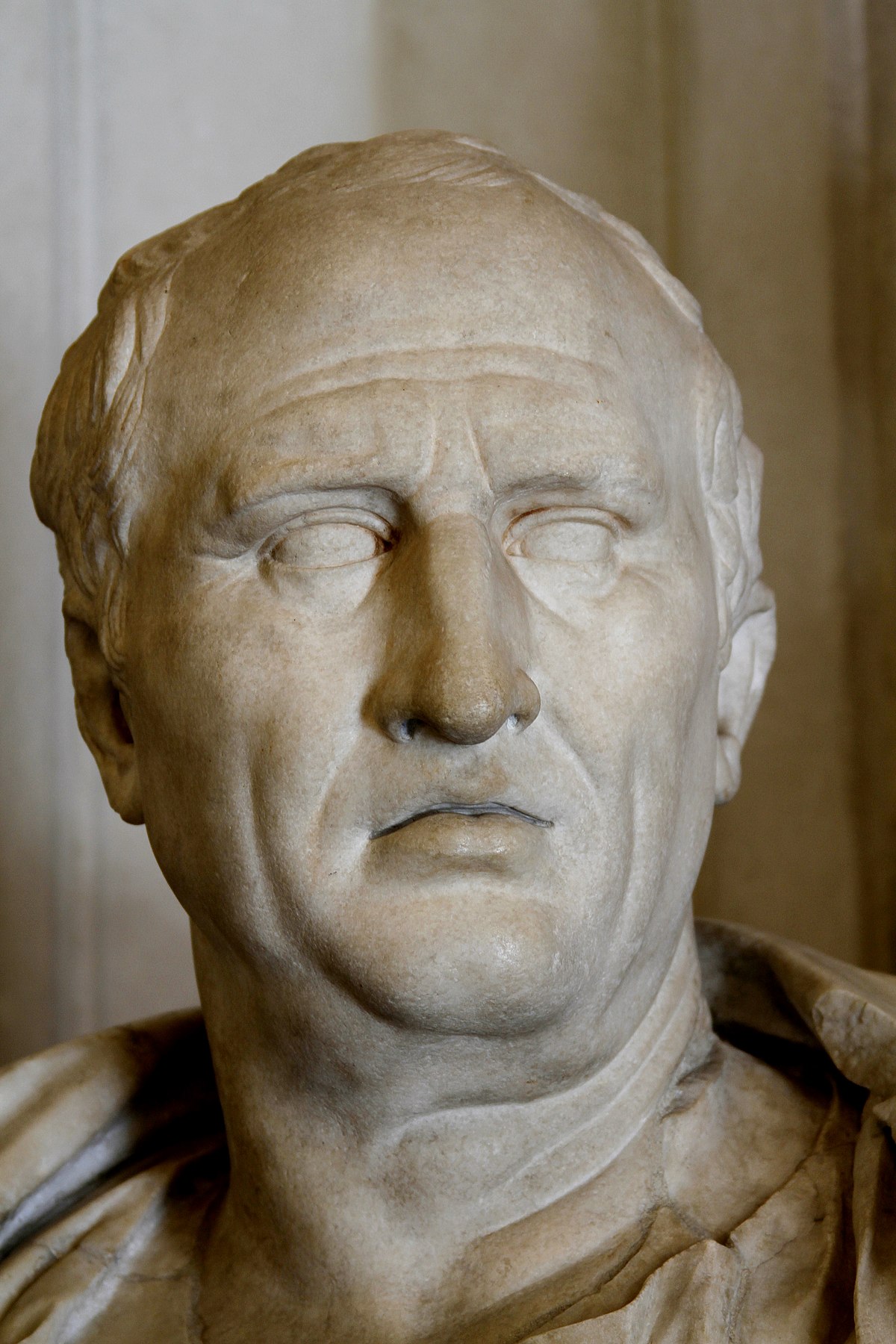The book I've been reading this past week, while I recharge after walking for hours in the snow, is called Everything Flows by Vasily Grossman. On the cover is a photo by Tomasz Kizny. It's of prisoners crossing Vaygach Island in Russia in the 1930s. This book wasn't released in Russia until the late 1980s. (I'm reading a translation by Robert and Elizabeth Chandler/Anna Aslanyan.) It was finished just before the author died in 1964. An amazing book.
Now try to imagine this. Walking through the deep snow, trying to step into the step of the person ahead of you. The wind is whipping you from the northwest. Your boots - if you're lucky enough to have some (me, I got a brand new pair - waterproof, too) have gaping holes. If your boots were stolen while you slept (very likely if they're any good), you have wrapped rags around your feet. Anyway, you walk, like a frozen zombie. Your stomach is just a tight knot of pain. Your fingers are without feeling. Your eyes are frosted shut. Your lips cracked. But the body is an amazing little furnace. As long as you keep moving, you stay warm.
It's the only way to survive the cold. Keep moving.
The most powerful sentence from the book: "And hope, which until then had always oppressed her heart with its living weight, now died." (Chapter 13).

